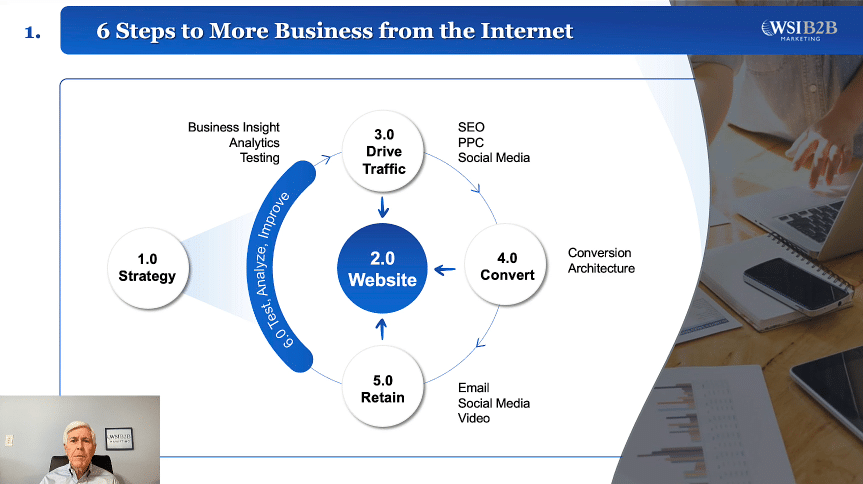Underground Keywords Review – Scam or Keyword Weapon?
April 28, 2008
As hard-core pay per click marketing veterans in both the world of B2B client services as well as ecommerce and affiliate (performance) marketing, we are always pleased to test out new keyword tools and see if they will give our clients an edge Mindvalley labs, creator of Underground Keywords (also known as Keyword Butler) is their most recent addition to the keyword community. They had quite large shoes to fill given Google’s recent addition of quantitative searches to their (free) keyword tool, so could Underground Keywords prove it’s value?
Scam Factor?
It’s funny – this is actually a really great tool and something that many Internet marketers and ad agencies have had coders produce similar versions of in-house. However, the product is promoted via Internet Marketing circles so it looks like a rip-off. You know the tell-tale signs, right? Long copy sales letter, wild, attention-grabbing headline (Russian Mafia? C’mon) and the list goes on.
What I want to tell Mindvalley is that they don’t have to stoop to such depths to sell a product. You know what their reply would be? “You’re right – we don’t.”
Mindvalley sells this same product under a couple different brands in order to attract different customers. The tool is the same – just the marketing tactics to reach their target market are different. Somehow you and I both ended up hearing about Underground Keywords so I’m not sure what that says about us 😉 but no matter. The tool could be rebranded as something that appeals to the stuffiest b2b marketing consultant (like me) and I would still buy it.
Case Studies: What does Underground Keywords Deliver?
We tested Underground Keywords in many different scenarios but I’ll tell you about the one you would probably care about first
Case Study #1 – Retail product test in narrow niche
We have been working with a particular retailer and have what we would call a “mature campaign”, in that we now only search analytics for new keywords every few months. We’ve pretty much mined every keyword out of this market besides the really long-tail terms that might bring a click every few months.
So for fun we ran Underground Keywords> on this campaign…
It returned over 117 negative keywords for another brand sharing that name that was in a completely different field. We were aware of this field but only had about 20 negative keywords for this.
Why is this so important? In Google Adwords and other PPC platforms, your clickthrough rate is a major determining factor in your ad price (even with the addition of quality scoring). By removing our ads from displaying on all these irrelevant searches, we vastly improved our CTR, allowing our ads to display for less at the same ad position (better profits) or show higher on the page for the same cost (more sales volume). Either way, we win.
We didn’t get a slew of new keywords but as we mentioned, we’ve figured out about every permutation of how to ask for it. What we hadn’t considered was how NOT to ask for it.
Case Study #2 – Wide retail market niche
We picked a wide market in the diet field (can’t tell you since we’re entering that one – sorry). Google adwords keyword tool returned 144 keywords with that in the root. We love google’s keyword tool. Underground keywords returned 322 and these aren’t junk keywords – they are ones where we went, “Wow, I wouldn’t have thought of that.”
Basically this tool helps shortcut the learning process of becoming an expert in the field. It’s essentially a supercharged keyword scraper and while you can probably code something similar yourself, I can’t even imagine how long it would take or how much it would cost. Plus, whenever search engines block scrapers (as they are prone to doing), we can just let the maker of Underground Keywords take care of it. That leaves more time for us on campaigns.
Underground Keywords vs Wordtracker
At only $97/yr it stands about 1/3 the price of wordtracker. Another advantage over Wordtracker is that Underground Keywords pulls its data from more than just Dogpile and other minor metacrawlers. WT’s searches are estimated from slightly over 1% of overall search and the people using those engines are not what I would consider to be a representative slice of the overall population on the web
Bottom Line about Underground Keywords
When we consider how much extra revenue can be brought in with such little incremental effort, we can’t help but give Underground Keywords a definite thumbs-up for anyone from a budding independent Internet Marketer to a full-service advertising agency.




